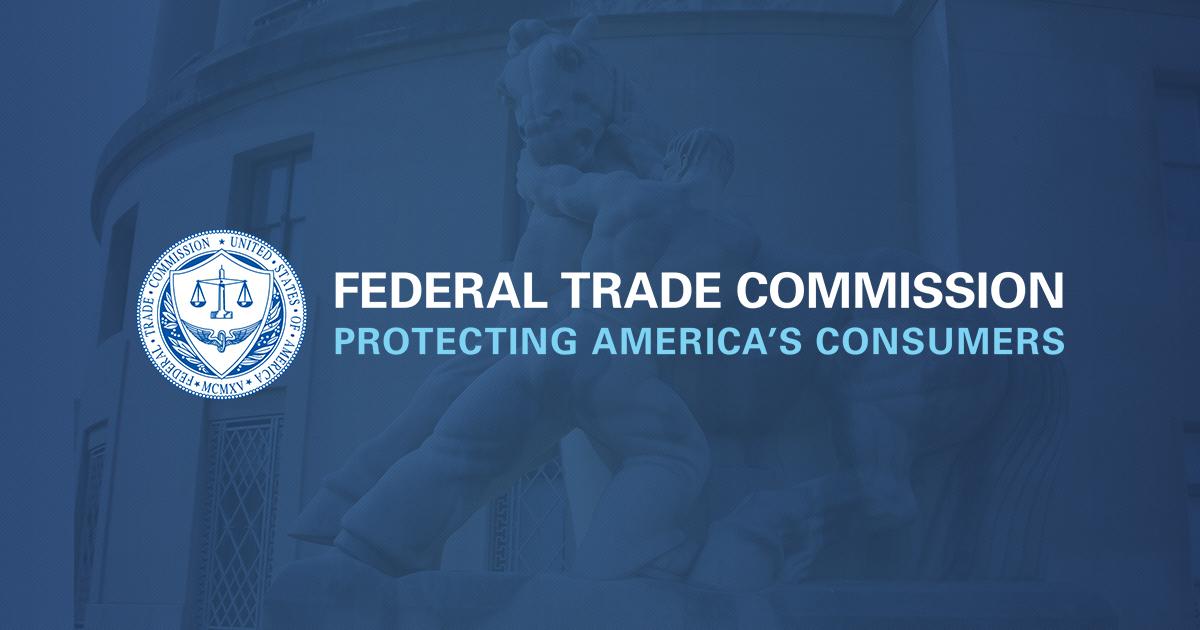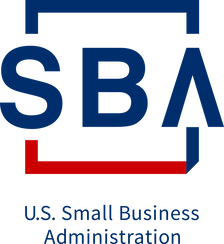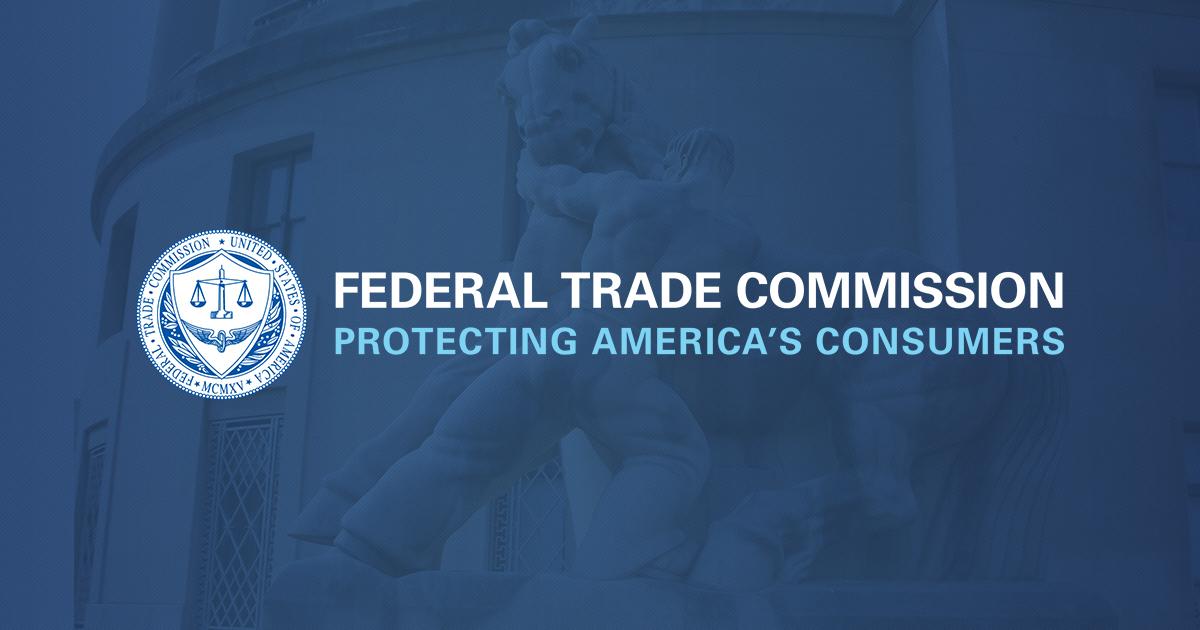FTC
- When the economic impact of COVID-19 hits home
As companies struggle to stay afloat financially due to the economic reverberations of COVID-19, your employees are facing the same challenges at home. The FTC has something you can share with staff members in need – and it won’t cost you a thing.
FEDERAL TRADE COMMISSION - WEBSITE
Scammers are taking advantage of fears surrounding the Coronavirus. Here are some tips to help keep the scammers at bay:
- Hang up on robocalls. Don’t press any numbers. Scammers use illegal robocalls to pitch everything from scam Coronavirus treatments to work-at-home schemes. The recording might say pressing a number will let you speak to a live operator or remove you from their call list, but it might lead to more robocalls, instead.
- Ignore online offers
for vaccinations and home test kits. Scammers try to get you to buy products that aren’t proven to treat or prevent the Coronavirus disease 2019 (COVID-19) — online or in stores. At this time, there also are
no FDA-authorized home test kits for the Coronavirus. Visit the FDA to learn more.
- Fact-check information. Scammers, and sometimes well-meaning people, share information that hasn’t been verified. Before you pass on any messages, contact trusted sources. Visit What the U.S. Government is Doing for links to federal, state and local government agencies.
- Know who you’re buying from. Online sellers may claim to have in-demand products, like cleaning, household, and health and medical supplies when, in fact, they don’t.
- Don’t respond to texts and emails about checks from the government. The details are still being worked out. Anyone who tells you they can get you the money now is a scammer.
- Don’t click on links from sources you don’t know. They could download viruses onto your computer or device.
- Watch for emails claiming to be from the Centers for Disease Control and Prevention (CDC) or experts saying they have information about the virus. For the most up-to-date information about the Coronavirus, visit the Centers for Disease Control and Prevention (CDC) and the World Health Organization (WHO).
- Do your homework when it comes to donations, whether through charities or crowdfunding sites. Don’t let anyone rush you into making a donation. If someone wants donations in cash, by gift card, or by wiring money, don’t do it.
SBA - WEBSITE
The SBA Office of Inspector General’s mission is to provide independent, objective oversight to improve the integrity, accountability, and performance of the SBA.
BETTER BUSINESS BUREAU - WEBSITE (Rancho Cordova Chamber Member)
BBB remains operational and focused on serving our business community and our consumers throughout this crisis. Please check out resources available to you at BBB.org/coronavirus. Some of the sources of information BBB relies on are temporarily unavailable. Also, many businesses are closed, suspended, or not operating as usual, and are unable to respond to complaints and other requests. BBB information and Business Profiles reflect the most current information available to us. We appreciate your patience as we and everyone in our communities focus on addressing this crisis.
FEDERAL TRADE COMMISSION - WEBSITE
Scammers are taking advantage of fears surrounding the Coronavirus. Here are some tips to help you keep the scammers at bay:
- Hang up on robocalls. Don’t press any numbers. Scammers are using illegal robocalls to pitch everything from scam Coronavirus treatments to work-at-home schemes. The recording might say that pressing a number will let you speak to a live operator or remove you from their call list, but it might lead to more robocalls, instead.
- Ignore online offers for vaccinations and home test kits. Scammers are trying to get you to buy products that aren’t proven to treat or prevent the Coronavirus disease 2019 (COVID-19) — online or in stores. At this time, there also are no FDA-authorized home test kits for the Coronavirus. Visit the FDA to learn more.
- Fact-check information. Scammers, and sometimes well-meaning people, share information that hasn’t been verified. Before you pass on any messages, contact trusted sources. Visit What the U.S. Government is Doing for links to federal, state and local government agencies.
- Know who you’re buying from. Online sellers may claim to have in-demand products, like cleaning, household, and health and medical supplies when, in fact, they don’t.
- Don’t respond to texts and emails about checks from the government. The details are still being worked out. Anyone who tells you they can get you the money now is a scammer.
- Don’t click on links from sources you don’t know. They could download viruses onto your computer or device.
- Watch for emails claiming to be from the Centers for Disease Control and Prevention (CDC) or experts saying they have information about the virus. For the most up-to-date information about the Coronavirus, visit the Centers for Disease Control and Prevention (CDC) and the World Health Organization (WHO).
- Do your homework when it comes to donations, whether through charities or crowdfunding sites. Don’t let anyone rush you into making a donation. If someone wants donations in cash, by gift card, or by wiring money, don’t do it.















